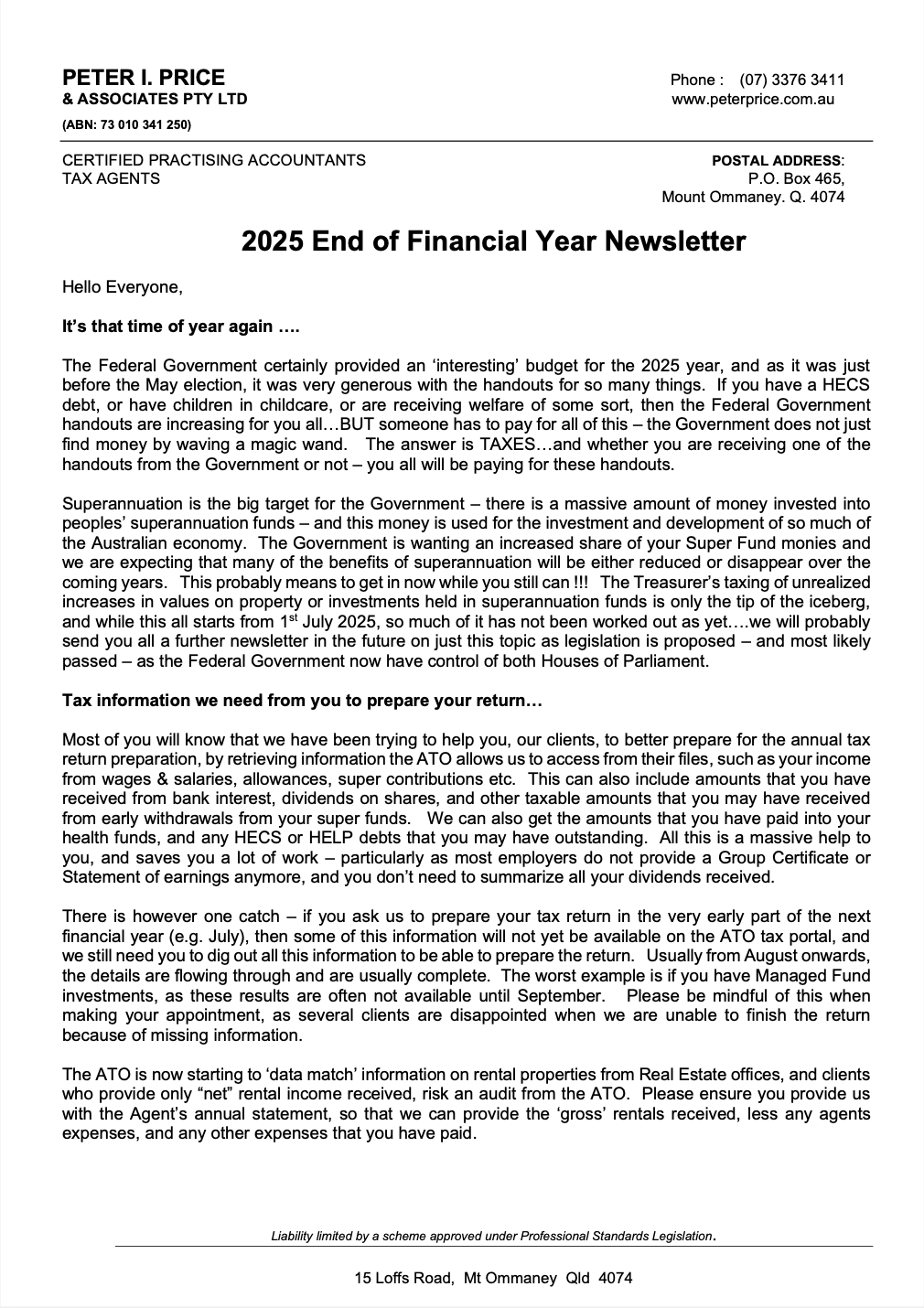Div 296 must be considered ‘holistically’, IPA says

.
The Institute of Public Accountants is pushing for key reconsiderations to certain “problem” areas in the proposed Division 296 on superannuation, as it believes the current proposal would not be fit for purpose.
Letty Chen, IPA tax and super advisor, said while IPA supported sensible reforms to make the superannuation concessions more equitable, it believed the current proposal would create inequitable outcomes and practical compliance challenges for affected taxpayers.
The inclusion of unrealised capital gains in the calculation of earnings, the lack of a refund mechanism for negative earnings, the absence of indexation for the $3 million threshold and the lack of optionality for funds to use established tax principles to calculate earnings on a member-by-member basis were the key areas the professional accounting body objected to.
Chen said that the proposed methodology represented a significant departure from accepted tax orthodoxy and principle.
“A fundamental tenet of Australian tax law is that income and gains should only be taxed once they’ve been earned or realised.”
“This measure would tax unrealised gains, which will create serious cashflow issues for taxpayers, especially for small business owners and farmers who hold illiquid assets like real property in their self-managed super funds.”
From the key areas proposed by IPA, it was pushed that these reconsiderations and appropriate amendments could be made by limiting the tax to realised earnings and capital gains, implementation of transitional rules that allowed affected taxpayers to restructure their affairs without penalty and index the $3 million threshold annually to account for inflation and ensure the system remained fair and equitable over time.
Forcing the sale of these assets to pay tax liabilities could be disruptive and may happen at a time of depressed market values, Chen said.
“There’s a strong possibility a member could be cumulatively taxed on investments that ultimately make an overall loss, with no real recourse to recover any tax previously paid.”
“For someone in their 20s or 30s today, $3 million when they near retirement might be equal to a fraction of that amount in today’s money due to inflation.”
This list of asks from IPA comes after The Australian Financial Review reported earlier in the month that anonymous sources had revealed the government had paused its plans to introduce the $3 million super tax in its current form.
Peter Burgess, SMSFA chief executive, told Accountants Daily’s sister brand, SMSF Adviser, that he believed the government could be concerned with the timing of the determinations – specifically when those impacted by the tax would need to report.
“The government is obviously very concerned about the taxation of unrealised capital gains, and the unintended consequences that flow from that. I think the other thing is that the government is trying to position the Labor Party as pro-aspirational, and if it is genuine about that then you can't get a better example of a tax on aspiration than this tax,” he said.
“It is completely at odds with what it’s trying to achieve in terms of encouraging innovation, productivity and aspiration so, there is little wonder there is growing opposition to this tax from within the Labor party ranks.”
However, if the tax was set to be introduced as is, Chen said amendments needed to be made to protect trust and integrity in Australia’s superannuation system.
“The threshold must be indexed. Superannuation is designed for long-term saving, and policy should reflect long-term impact and provide certainty.”
“Ultimately, reform of superannuation tax concessions must be considered holistically. Piecemeal measures such as the Division 296 tax introduce other inequities and greater complexity. Poorly considered changes will undermine confidence in superannuation.”
More super changes looming on the horizon
Still proposed to start on 1 July 2026, changes to payday super are fast approaching and are set to ensure that employee superannuation guarantees (SG) are remitted in line with payment of salary and wages.
Pitcher Partners outlined that despite the extensive timeline before the changes came into play, businesses needed to be prepared for them as the start date would arrive quickly.
The accounting firm said adequate preparation was essential, as the implementation and ongoing adherence to payday super would increase the administrative burden on employers as they transitioned to new processes, systems and/or tools.
“While the proposed introduction of payday super appears simple, the interdependencies of payroll systems, external clearing houses, superannuation funds and regulators means that a mere oversight could have a significant flow-on effect,” Pitcher Partners said.
With the changes, there would be exceptions for new employees, where an employer makes contributions to a stapled fund that is rejected, out-of-cycle payments and exceptional circumstances such as natural disasters.
The firm noted that an important catch within the proposed legislation change was that it would intend to apply SG obligations on payments to persons who met the ‘extended definition’ of employee, such as third-party contractors, which required specific rules.
Imogen Wilson
16 September 2025
accountantsdaily.com.au

